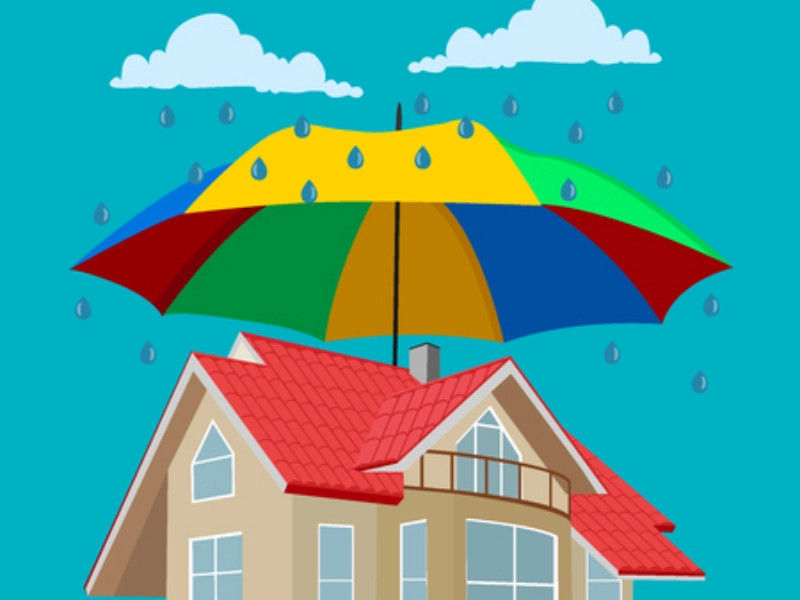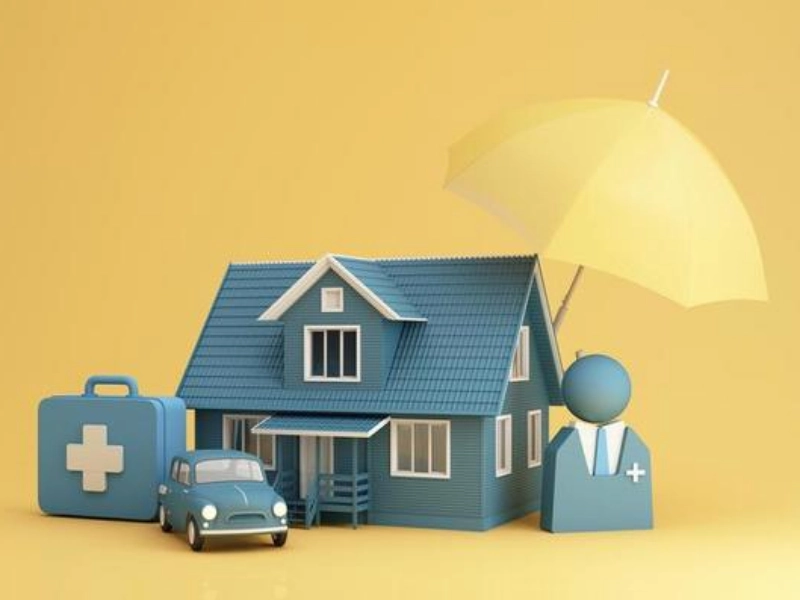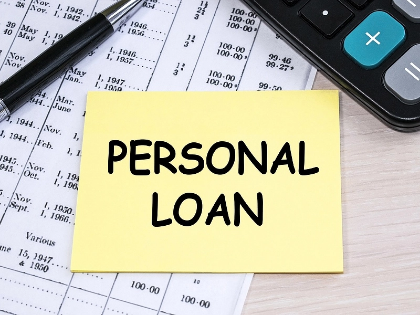Can my insurance rates be reduced by home security systems?
It takes more than merely checking the boxes on a provider's price comparison table to select the ideal security system. Your living condition is the most important element.
It's possible that renters are reluctant to invest money in a system that they will have to relocate with them. Additionally, businesses that lease equipment rather than sell it altogether are likely to raise suspicions.
Price

Although there is a cost associated with home security systems, it may be well worth it. There may be a $200 to $400 upfront investment in addition to a monthly monitoring charge.
When selecting a system, a few important factors to take into account are the features it will offer and whether it will be wired or wireless. A wireless system uses Wi-Fi signals to communicate with the main panel and sensors, whereas a wired system uses wires to connect the various pieces of equipment.
Many systems are helpful not just in detecting burglaries but also in detecting other threats like fire and carbon monoxide. These characteristics can further reduce insurance costs while also keeping everyone safer.
How long you intend to stay in your existing house is another thing to take into account. It could be advisable to go with a DIY or do-it-yourself (DIY) arrangement that is portable to your next house if you intend to move in a few years.
Tranquilly of mind

Because they have a stake in preventing damage and keeping houses safe, homeowners' insurance companies frequently lower premiums for homeowners who install specific kinds of home security systems. It's crucial to realise that these savings will differ from business to business, so comparing insurance companies can help you get the best offer.
Irreplaceable possessions can be kept safe and thieves can be discouraged with the use of security systems. Additionally, they can warn homes about fire and gas concerns. The secret is to pair them with other safety precautions, including carbon monoxide and smoke alarms, to save insurance costs and improve home security.
You may feel secure no matter where you are, thanks to the ability to remotely monitor modern security systems. They also let you monitor pets or a babysitter, take control of the system, and get real-time notifications. Even your smartphone and voice commands can be used to keep an eye on your house. You can save money and lessen your stress with this kind of remote monitoring.
Dependability

Systems for home security might offer important information about burglaries or natural disasters. Additionally, these systems can facilitate speedy communication between homeowners and insurance companies. This may assist in lowering the price of an insurance policy.
But certain systems might not be as dependable as others. Certain systems come with a multiyear contract and need to be installed by a specialist. These systems can provide peace of mind, even if they are more expensive.
Because home security systems lessen the chance of theft or property damage, they can cut your insurance costs. Therefore, they are a wise investment for both landlords and tenants. Before making any significant decisions, it's crucial to go over the advantages of a home security system with your insurance company. This will guarantee that you are maximising the benefits of your home security system and minimising the amount that you pay for insurance. A security system can be added to other safety precautions to lower your risk even further and lower your insurance costs.
Observing

When something goes wrong, home security systems alert you and emergency personnel while keeping an eye on the protection of your property. This is a useful tool that can assist you in preventing costly and distressing damage from fire or burglary.
A variety of sensors that can identify movement, touch (such as when a door or window opens), and temperature changes are included in the best home security systems. These sensors use wireless technology to connect to the control centre and notify you when an issue arises.
Some systems let you record video continually or on a schedule to conserve space, and some have indoor cameras that can take videos of your house. Usually referred to as self-monitored systems, these are frequently less costly than professionally installed systems with expert monitoring.
Homeowners should consider the possible savings on insurance against the initial expense of a system. Comparing rates and coverage alternatives from several insurance companies is also a smart move.








